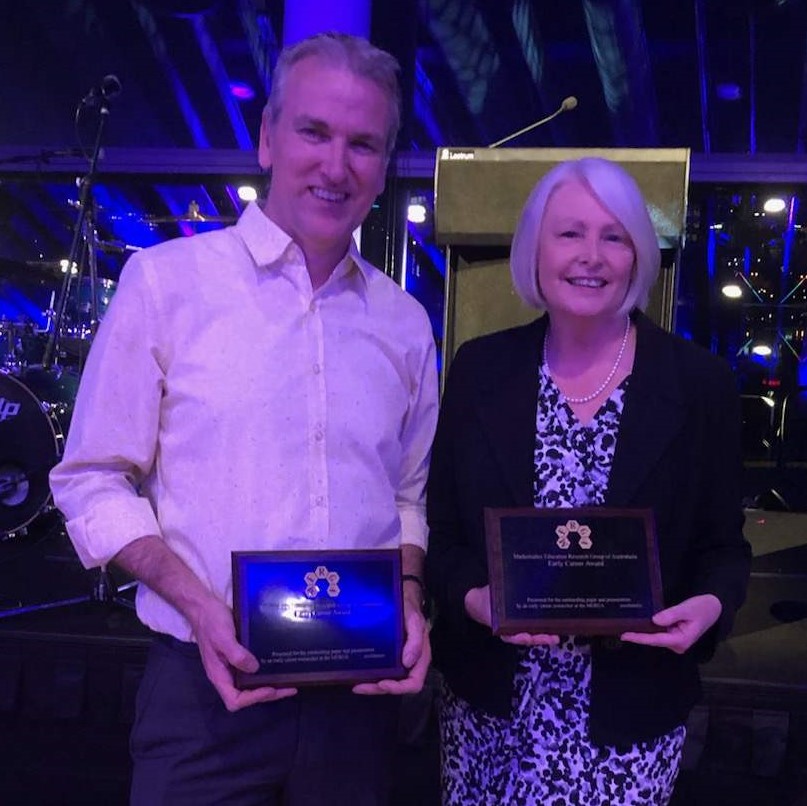The Use of Open-Ended Tasks as an Instructional and Assessment Tool
Kum Fong Foo, Leng Low, Yen Ping Pang, Wai Leng Lye & Cherng Ginn Kenneth LuiOpen-ended mathematical tasks have the potential to not only engage students in constructive thinking but also hels them make connections to mathematical concepts they have learnt. A high quality open-ended task does not necessarily imply that the students will engage cognitively in higher order thinking to solve the task. Teachers play a crucial role in mediating the learning process in the implementation of such tasks. A guiding framework to characterise the varied degree of “openness” of the mathematical tasks is developed to ease teachers into the facilitator’s role. Rubrics are designed to provide feedback both to both the teachers and students for effective task implementation.

